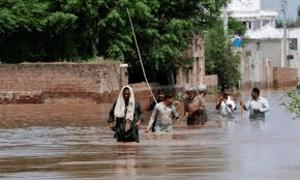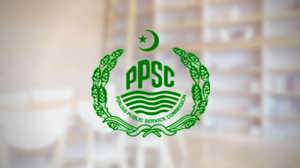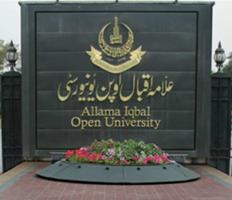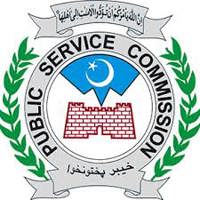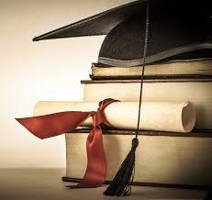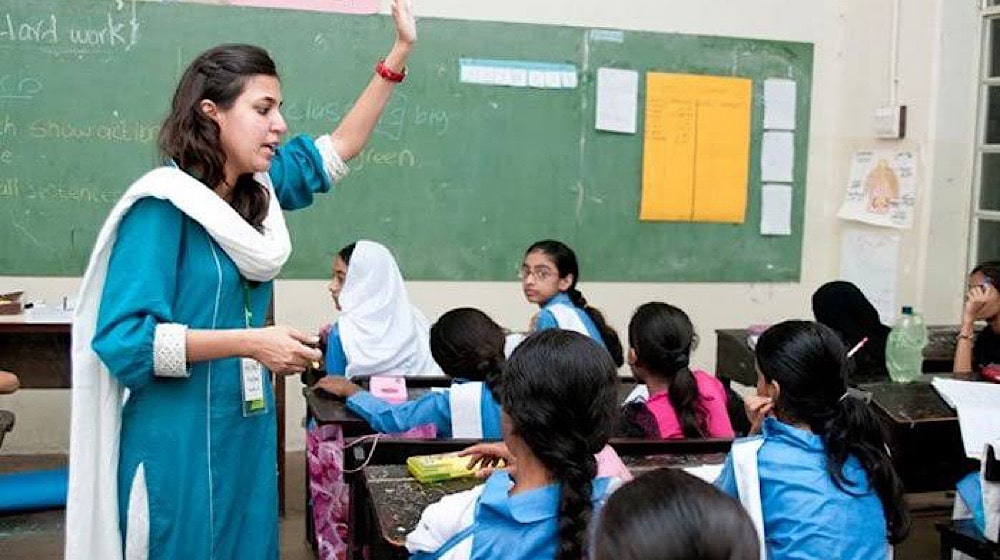
The Punjab Higher Education Department has announced that it will initiate strict disciplinary action against government officers and teachers who are found to be affiliated with political or religious parties.
According to officials, the department has received multiple complaints alleging that several teachers from public sector colleges and universities are not only members of such organizations but also hold key positions within them.
The Higher Education Department emphasized that under the Punjab Government Service Rules, no government employee is permitted to become a member or office-bearer of any political or religious party. This policy is designed to ensure neutrality in public service and maintain discipline in educational institutions.
Names Mentioned in Complaints
The complaints, which have been formally submitted to the provincial education minister and secretary, include the following names:
Dr. Matiullah Bajwa, Lecturer at Government Gulberg College
Dr. Hammad Lakhvi, Dean and Professor at Punjab University
Lecturer Abdul Rehman Shariq
Dr. Ibrahim Salafi, Government Shalimar College, Lahore
Professor Abdul Sattar Hamid
Professor Hamid Abdul Rehman
It has been alleged that these teachers have played active roles in political and religious organizations, an action that constitutes a violation of their service obligations.
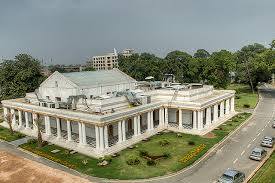
Disciplinary Measures Under PEDA Act
The complainants have urged the government to proceed against the accused individuals under the Punjab Employees Efficiency, Discipline and Accountability (PEDA) Act, which outlines punishments for misconduct and breach of service rules.
If proven guilty, the teachers could face a range of penalties, including suspension, demotion, or even dismissal from service, depending on the severity of the violation.
You may also like : NUMS Reschedules MDCAT 2025 to September 28 Amid Floods
Govt’s Stance
A senior official of the Higher Education Department reiterated that the government will not tolerate political or religious interference within state-run academic institutions. He added that disciplinary action is essential to preserve the credibility and neutrality of public education.
“Teachers are role models for students. Their involvement in politics or sectarian activities undermines the very purpose of education,” the official noted.
The move comes amid growing concerns about the influence of political and religious groups within public institutions. Education experts argue that neutrality in teaching is vital for academic integrity, while government watchdogs warn that unchecked political involvement could compromise meritocracy and public trust.

.gif)










.png)


